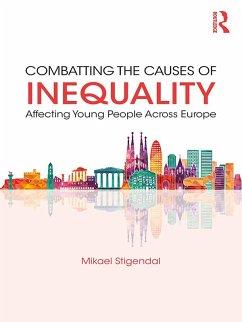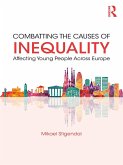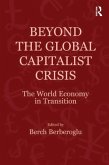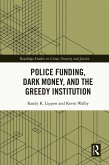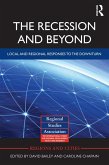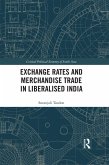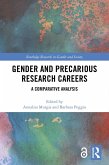Drawing on cultural political economy, based on critical realism, the author claims that the most important causes of inequality are the ones inherent as potentials in capitalism and the capitalist type of state. Compared with the first post-war decades, these potential causes have been actualised differently since around 1980. They are also actualised differently across Europe. The book explores these differences concerning growth models and welfare regimes. In general, societies have developed into a new condition of social inclusion, which explains why many young people have become excluded. Societal borders have arisen in the cities, separating the winners and losers of inequality.
Positioning itself outside the box of what tends to be the majority of the publications in the field, the book proposes knowledge alliances between young people, policy-makers, civil society and researchers to combat the causes of inequality.
Dieser Download kann aus rechtlichen Gründen nur mit Rechnungsadresse in A, B, BG, CY, CZ, D, DK, EW, E, FIN, F, GR, HR, H, IRL, I, LT, L, LR, M, NL, PL, P, R, S, SLO, SK ausgeliefert werden.

